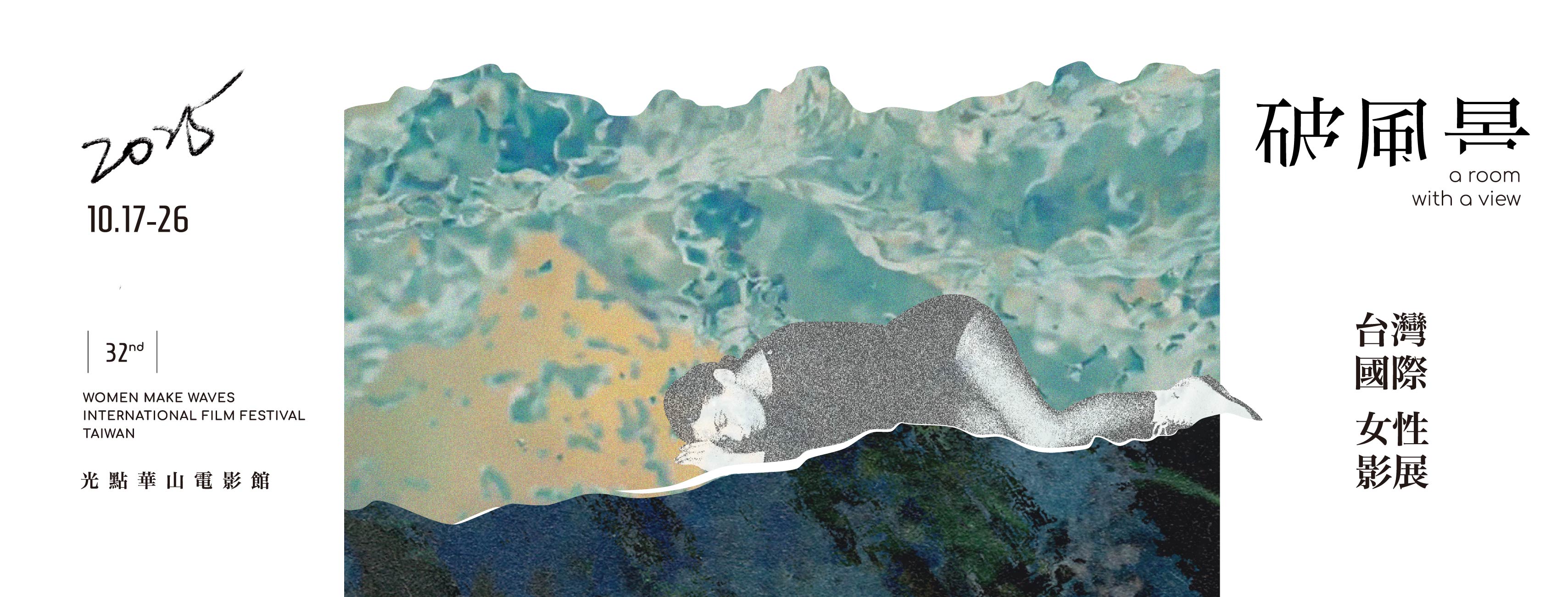Cue the films and step into the 31st edition of WMWIFF! This year, imagination takes flight as we navigate the theme of “Spacing,” creating spaces to measure and reflect shifting realities.
Spacings can be rich with meanings or just plain simple. The vision behind the theme “Spacing” took off with the space bar on our keyboard. Think how each tap creates gaps between words, as if offering us a pause and a moment to breathe, much like a survival necessity.
Collapse
A sweeping wave of collapse hits head-on with this year’s dual Opening Films, 1489 and Desert of Namibia. Emerging Armenian and Japanese directors bring their distinctive styles to life in these films; one captures the civilian plight amid the Azerbaijan-Armenia conflict, while the other unveils the intricacies of modern relationships. Much as their narratives take different routes, both films explore the landscape of personal inner conflict, exploring the decisions or indecisions we encounter in the face of chaos and disorder. These contemporary female directors chart a bold course for the world, taking us on a journey of frustration, heartbreak, and anger through their intense cinematic styles.
There’s a whirlwind of change and escalating conflicts around the globe in recent years. From near and far, ominous signals persistently emerge from hidden places. The dual Opening Films bridge two main themes, the global shifts and conflicts reflected in “Everyday Battlefield” and the power relations within relationships in “Not a Pretty Picture.” The “Everyday Battlefield” program touches upon territorial disputes between nations, intranational dysfunction and chaos, and systemic violence fueled by wars. As intensity builds, the camera draws nearer and scrutinizes scenes from the most intimate perspectives. Branching from “Everyday Battlefield” is the sub-program “Notes on a Free Palestine” that examines the multifaceted aspects of personal and collective history, with a keen emphasis on the pressing conditions in Gaza and the ongoing Israel-Palestine conflict.
All is fair in love and war. The “Not a Pretty Picture” program delves into the complexities of power and relationships, unraveling the themes of body, sexuality, and love. Relationships are visited through a mother and a wasted Gen Z’s perspectives, the relational struggles of teenagers powered by peer influence, and the more recent global #MeToo movements. As in the film Not a Pretty Picture made almost half a century ago, these issues echo the ongoing and unresolved #MeToo movement in Taiwan. Here we see how “spacing” facilitates change. We rearrange, and widen up gaps and space for continual communication and mutual support.
By sharing, listening and responding through these gaps, even the tiniest of voices are capable of the mightiest echoes. The films in the “Echo Echo” program pick up disappearing and overlooked voices, ensuring these stories are told and heard. These films follow the arduous journeys of filmmakers rediscovering lost histories, amplify the voices of marginalized communities enduring oppressing systems, and bring to light the silent presence of the voiceless.
Gap
Celebrated in the “Master in Focus Playhouse” program, American experimental filmmaker Peggy AHWESH is recognized for her works that exemplify a style defying traditional media labels. From gender and personal growth to international politics, information technology, and the suspenseful depths of horror and thriller, AHWESH’s work is remarkably eclectic. AHWESH’s creative approach is not about tearing down existing norms or seeking dominance; quite the contrary, she constructs an elusive artistic space of playfulness that is not only open but also boundless. And that’s the charm of AHWESH’s creations.
The return of the “Master in Focus” program is joined by another program “Midnight Playstation.” Venturing into the world of horror and thriller, the latter engages a similar approach to reconfiguring genre conventions. Attention is warranted by the utmost entanglement of desires and fears through the summon of cryptic symbols, illustration of a bloody eternal hell, and delivery of oracles from shattered spirits. Gaps are where horror’s best tricks are at play. You’d never guess what’s lurking in the shadows.
Translucent
Guest-curated by Zoë C.J. CHEN, the “Becoming as an Act of Resistance” program takes a delicate face-to-face look with the adolescent experience. To spark richer intergenerational conversations, WMWIFF partners with the children and youth empowerment initiative YoungVoice for the inaugural “Youth Film Workshop.” Handpicked from across eight nations, the “Cinemini” program features outstanding shorts from both established and rising filmmakers. Entering its 11th year, “Taiwan Competition” features 18 films, each running their own race for recognition. Under the scrutiny of the Preliminary Jury Committee, these films are featured for their notable creativity in the use of media and themes.
Follow the dazzling lead of the “The Queerest World of Fantasia” program, where the most authentic fantastical narratives weave wondrous voyages through performativity and gender fluidity. Spacing is where imaginations flow, and where light shines through. (translated by CHAN Bixuan)
The 31st Women Make Waves Int'l Film Festival, Taiwan

